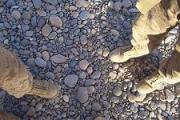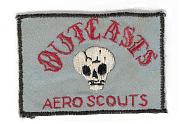All of the comments are great but most seem to resemble comments that could have been made prior to FM3.24. Debates about how to manage NCO/Officer relationships have gone on for years.
Norfolk's comments bring up the exact point of the article. But it is limited. We need to understand that an NCO will be a "...executor of his nation's policy and strategic interests".
Isn't this the point of Gen. Krulak’s "Strategic Corporal"? It is obvious that fictional Cpl. Hernandez is well trained in squad movement, est. a TCP, maintain security and report format. We have extensive training in Offense and Defense. At one point in Krulak's fictional mission, Cpl. Hernandez "know(s) better than any of (his squad)....the fate...of the entire multi-national mission hung in the balance".
How does he know this? Was it his own character? Was it training? Did his Lt give him that detailed a mission statement (task and purpose)?
In the article about the captains, Capt. Gilbert "ordered traffic control barriers....checked on refurbished water pumps...approved money...soccer uniforms..dropped off..."etc. At any given point he must have left an NCO in charge as he moved on to the next task. Did that NCO understand that a secure TCP could deteriorate to the point were his tactical decision could have strategic implications. If he did know, then how?
"Be prepared to delegate to the point of discomfort.” Micromanagement is not really an option in COIN, is it?















Bookmarks